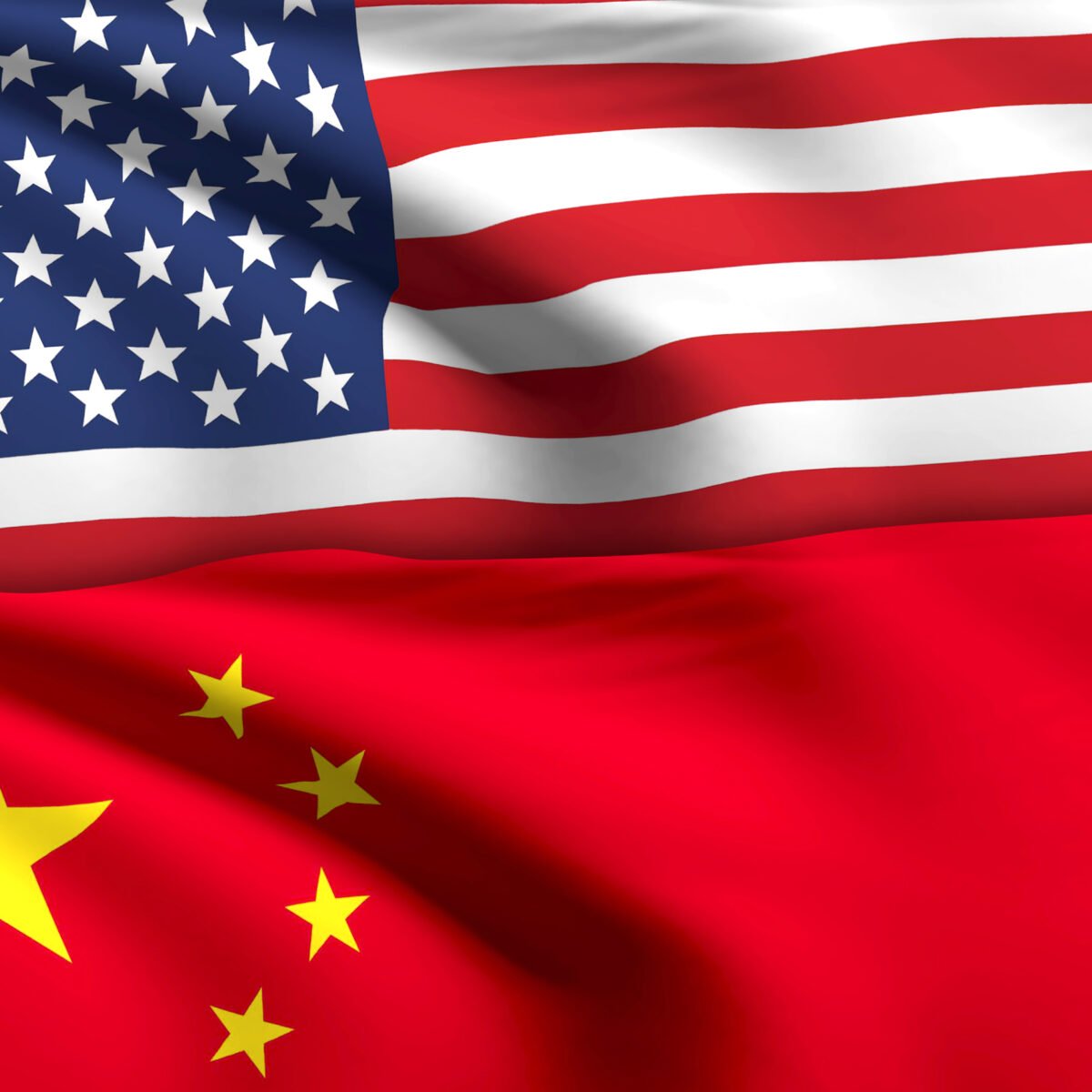GP: American flag and Chinese flag
Matt Anderson Photography | Moment | Getty Images
“A notable degree of long-term optimism persisted, with the majority expressing positive future revenue expectations,” CGCC said, adding that the survey reflected “a commendable sense of optimism, determination, and resilience.”
The survey was conducted in April and May of this year, polling nearly 100 Chinese companies across various industries about performance and outlook.
The report said Chinese firms remain committed to the U.S. market despite growing negative sentiment about the overall business environment amid rising trade tensions between the world’s two largest economies.
Over 60% of survey respondents saw a deteriorating business environment in the U.S. Meanwhile, the rate of concern regarding a “stalemate in Sino-US bilateral relations political and cultural relations” surged to 93% from 81% a year prior.
Over the past year, the Biden administration has ramped up curbs on Chinese businesses, scrutinizing certain China-dominated industries, placing new sanctions on various Chinese firms and goods and trying to outright block Chinese ownership of certain companies and platforms.
In the survey, more than 65% of respondents identified a “complexity and vagueness” of U.S. regulatory and sanction policies toward Chinese companies as the main challenge in branding and marketing in the U.S.
“Pervasive anti-China sentiment in American public opinion” was ranked as the second largest branding and marketing challenge, according to 59% of respondents.
“These [results] highlight the intricate policy environment and the hostile public sentiment influenced by ongoing US-China trade tensions,” the report said.
The survey said a challenging market environment has broadly impacted Chinese companies’ profitability levels, with firms facing a “significant performance downturn” last year similar to that of 2020 during the coronavirus pandemic.
More companies reported falling revenue, particularly those with significant declines of more than 20%. Companies in that category rose from 13% in 2022 to 21% in 2023.
Hu Wei, CGCC chairman and president and CEO of Bank of China U.S.A., called on companies from both China and the U.S. to strengthen coordination to reduce trade frictions and policy barriers.
“From a longer-term perspective, trade and investments have always been the cornerstone of the U.S.-China relations,” he said, adding that despite various uncertainties, China remains the U.S.’ third-largest trading partner and largest importer.





